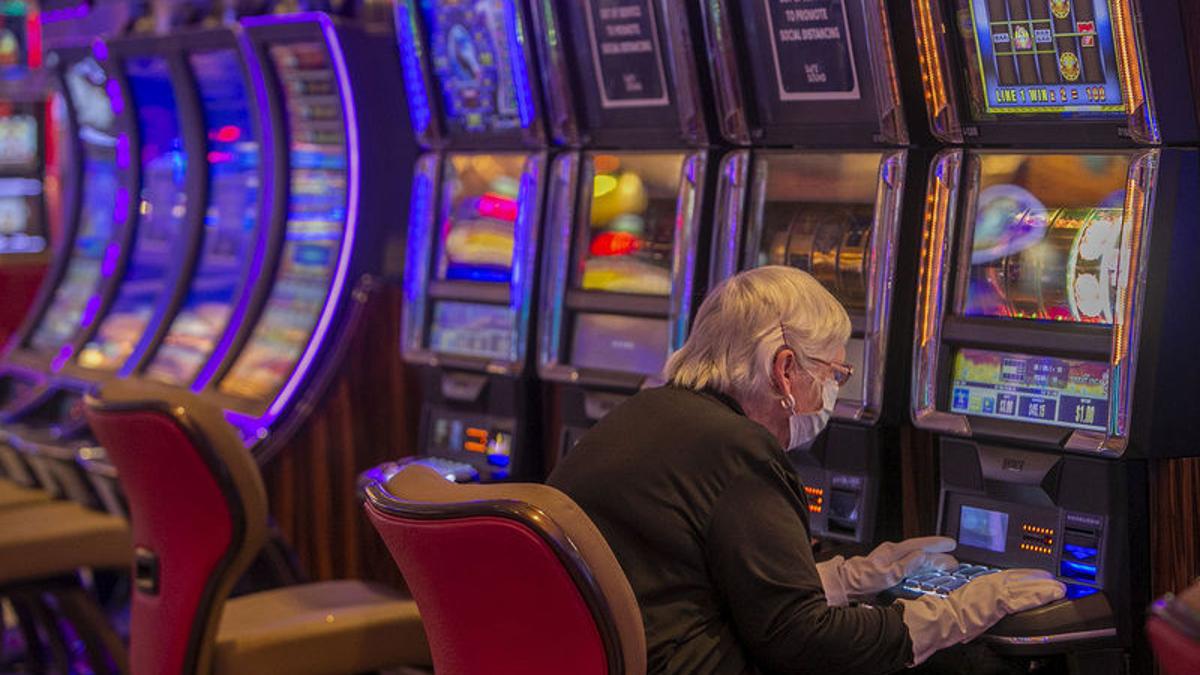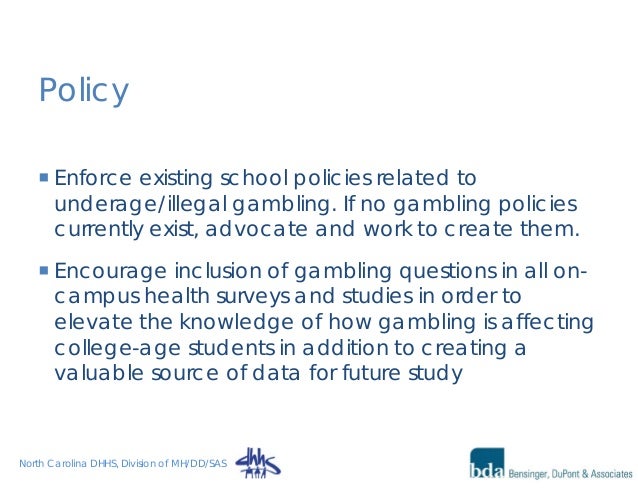No Gambling At Work Policy
Yes, workplace gambling has been legal in the state of Washington since 1973. However, the rules are pretty stringent, so pay close attention. You are only allowed to gamble in your workplace in a number of very specific, narrow instances known as 'sports wagering.' Here are just a few of the rules you need to follow. N.B This sample policy is offered only as a guide- in no event will we be liable for any loss or damage without limitation, including indirect or consequential loss or damage; or any loss or damages whatsoever arising from use of this document. 1 Sample Workplace Alcohol and Drugs Policy 1.
- No Gambling At Work Policy 2019
- No Gambling At Work Policy 2020
- No Gambling At Work Policy Template
- No Gambling Policy At Work
This increase in the availability and accessibility of online gambling means gambling in the workplace, and during working hours, is now more possible than ever. This phenomenon is making businesses more vulnerable to issues arising from gambling.
Do your employees gamble at work?
If this question has not occurred to you it probably should according to experts who are concerned about the impact changes in the gambling environment could be having on your workplace.
Experts say with today's smart phones and tablets, punters can bet 24 hours a day, 7 days a week, from home, 'on the go' and yes, even from work.

And with an estimated one in 100 employees likely to have a gambling problem there is no room for any employer to assume it can't happen to them.
Why should this matter to HR practitioners?
Most of the time gambling is a harmless recreational activity and most workplaces organise social gambling activities like footy tipping and Melbourne Cup sweeps but the changing face of gambling can mean it's becoming more of an issue for workplaces.
Today, employees might be using workplace computers, or company provided tablets and smart phones to gamble.

No Gambling At Work Policy 2019
Whether an employer knows employees are gambling, or even sanctions it, may be a moot point but it might also form the basis for legal action against an employer according to a senior associate in workplace law.
Joel Zyngier, a senior associate with Holding Redlich specialising in workplace law says employers should assume gambling is taking place in their workplace, and take steps to avoid it becoming a problem.
How can out of control gambling affect a workplace?
There are three ways out of control gambling can have an impact on the workplace including: reducing productivity, increasing absence, theft and fraud.

For example:
- An employee who gambles during working hours, using their smart phone to place bets or play online poker, is not focused on work and is not using work time effectively.
- An employee who develops a gambling problem and gambles outside of work hours, for instance on the pokies, may be absent from work more often, taking extended lunch breaks to gamble or even missing parts of or full work days.
- An employee who has a problem with gambling and has access to company finances, may abuse their position in the workplace to fund their gambling addiction. Importantly, those who have done this and been caught are often found to have behaved completely out of character but a study of major court cases between 20082010 identified over $77 million lost, with employers the biggest victims of gambling related crime.
What can employers do?
Every employer in Victoria has a duty of care under the Occupational Health and Safety Act to provide and maintain a working environment that is safe and without risks to health – both physical and psychological health. But what does this mean in the context of gambling?

According to the American Psychiatric Association's Diagnostic and Statistical Manual of Mental Disorders, a gambling disorder is a behavioural addiction which can result in psychological harm. This psychological harm represents a health and safety risk to employees, creating an obligation on employers to address gambling in the workplace.
To fulfil their duty of care, an employer should eliminate or reduce the likelihood of problem or risky gambling at work, as much as possible.
It makes sense to protect the workplace and the employer against potential legal action, as well as to protect the workplace and employees against the negative impacts outlined above.
No Gambling At Work Policy 2020
Four things HR practitioners can do to reduce the impact of gambling at work?
No Gambling At Work Policy Template
When addressing gambling in the workplace, HR practitioners can
- Assess the risk. For example, use of workplace computers and digital devices for gambling.
- Adopt a preventative approach by distributing responsible gambling information to all employees.
- Communicate with employees about responsible gambling and provide information about help and support options available.
- Adopt a workplace policy on gambling. This policy should outline what is considered acceptable in the workplace for example: permitting social gambling activities like footy tipping but prohibiting the use of workplace equipment to access online gambling sites.

No Gambling Policy At Work
The policy may be similar to those already developed for the use of drugs and alcohol in the workplace and should be informed by the particular circumstances of each individual workplace.